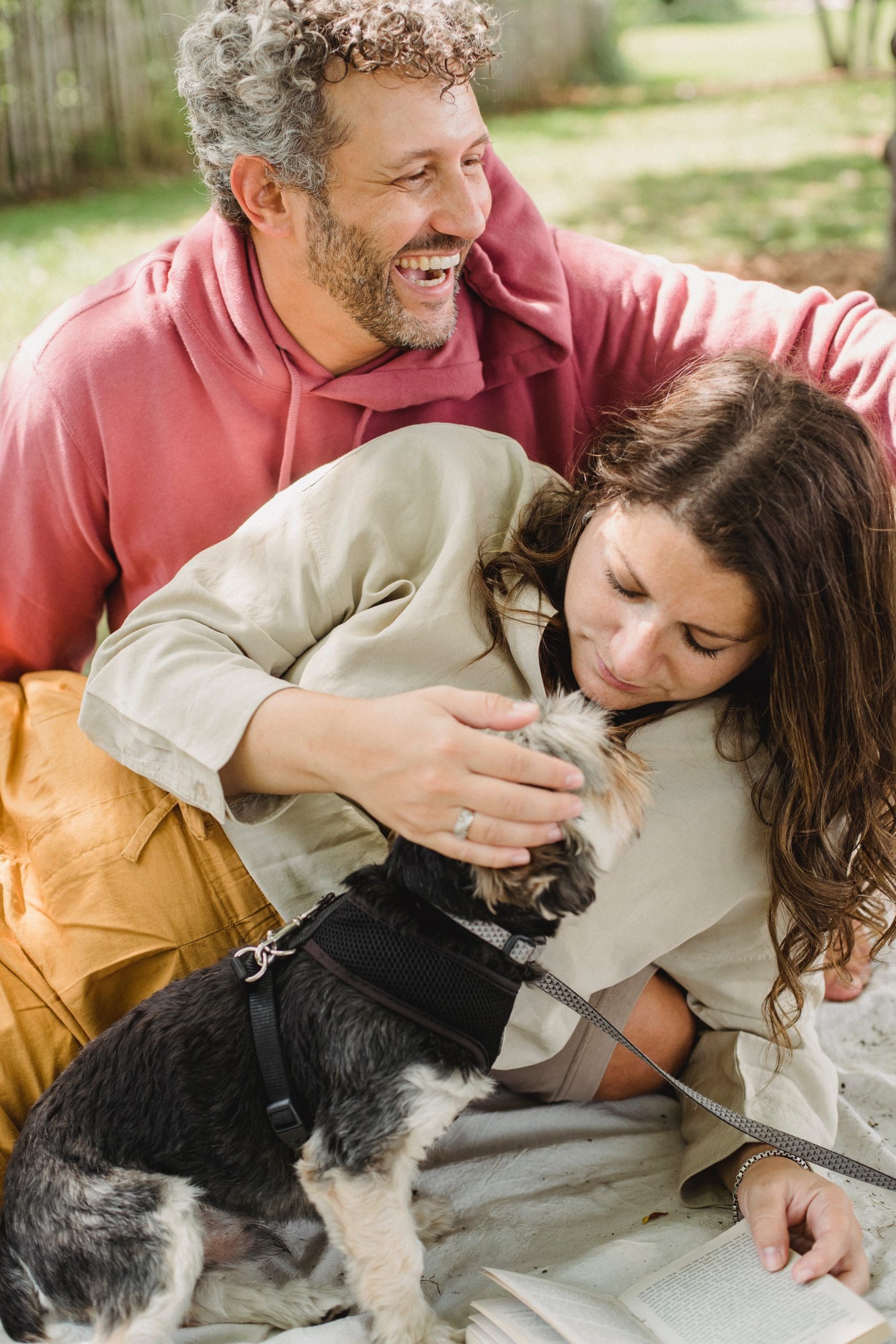 As dog owners, we naturally want to ensure our beloved furry friends are healthy and happy. So, it can be concerning when we notice our dogs panting more than usual. But before you hit the panic button, it’s essential to understand that panting is normal for dogs. It’s their way of regulating body temperature and cooling down. However, excessive panting could indicate an underlying issue that requires attention. In this blog post, we will explore why your dog might be panting excessively and what you can do to help them.
As dog owners, we naturally want to ensure our beloved furry friends are healthy and happy. So, it can be concerning when we notice our dogs panting more than usual. But before you hit the panic button, it’s essential to understand that panting is normal for dogs. It’s their way of regulating body temperature and cooling down. However, excessive panting could indicate an underlying issue that requires attention. In this blog post, we will explore why your dog might be panting excessively and what you can do to help them.
Overheating
One common reason for excessive panting in dogs is overheating. Dogs don’t have sweat glands like humans, so they rely on panting to release heat from their bodies. If your dog has been out in hot weather for an extended period or engaged in strenuous activities, they may pant excessively to cool down. Ensure your dog has access to fresh water and a cool, shaded area to rest in.
Anxiety or Stress
Just like humans, dogs can experience anxiety and stress. Panting can indicate that your furry friend is anxious or stressed. This can be triggered by various factors such as thunderstorms, fireworks, separation anxiety, or a new environment. If you notice your dog panting and exhibiting other signs of distress like pacing or trembling, try to create a calm and safe space for them. Consider using calming techniques, such as playing soothing music or pheromone diffusers.
Pain or Discomfort
Dogs may pant excessively if they are in pain or discomfort. It could be due to an injury, illness, or a chronic condition like arthritis. If you notice that your dog is panting more than usual, note any other signs like limping, decreased appetite, or changes in behavior. It’s essential to consult your veterinarian to properly diagnose and treat any underlying health issues causing your dog’s discomfort.
Respiratory Problems
Some respiratory issues can cause dogs to pant excessively. Conditions like asthma, allergies, or infections can make breathing difficult for dogs, leading to increased panting. If your dog’s panting is accompanied by coughing, wheezing, or difficulty breathing, it’s crucial to seek veterinary attention promptly.
Heart Problems
Heart disease or other cardiovascular issues can also result in excessive dog panting. When the heart is not functioning correctly, it affects the dog’s ability to regulate body temperature, leading to increased panting. Watch for other symptoms like lethargy, coughing, or difficulty exercising. If you suspect your dog may have a heart problem, consult your veterinarian for a proper diagnosis and treatment plan.
In conclusion, while panting is normal for dogs, excessive panting can cause concern. Pay attention to your dog’s overall health and behavior to determine if there’s an underlying issue. If you notice any changes in your dog’s panting patterns or accompanying symptoms, it’s best to consult with a veterinarian. Remember, our furry friends rely on us to ensure their well-being, so let’s do our best to keep them healthy and happy.
[/fusion_text]



